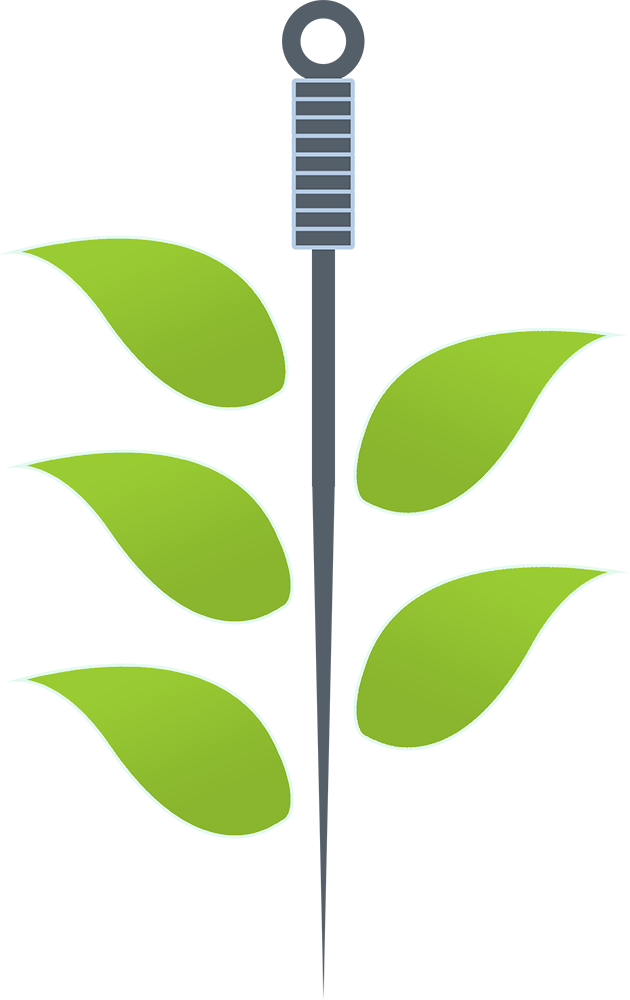Acupuncture for Insomnia: A Holistic Approach to Better Sleep
Insomnia, a prevalent issue in modern society, not only leads to negative emotions but also poses significant health risks, including hypertension and heart problems. Current clinical treatments often involve medications with potential side effects. In contrast, acupuncture is emerging as an alternative method, displaying promise in alleviating insomnia symptoms with fewer side effects. In this blog, we delve into the question: Can acupuncture help to cure insomnia?
Can Acupuncture help to Cure Insomnia?
Insomnia affects around 30% of adults, causing difficulties in falling or staying asleep. Conventional treatments often come with side effects, making alternative approaches like acupuncture an attractive option. Reports suggest that acupuncture shows promise in improving insomnia symptoms, sleep efficiency, and total sleep time during treatment. Even weeks and months after the treatment, significant improvements in sleep awakenings and self-rated anxiety have been observed.
In a double-blind study involving 180 individuals with primary insomnia, traditional acupuncture outperformed sham acupuncture and the sedative medication estazolam in enhancing sleep quality and daytime functioning. These findings underscore the potential efficacy of acupuncture in treating insomnia.
For obstructive sleep apnea (OSA), acupuncture has demonstrated positive effects in improving symptoms, sleepiness ratings, and oxygen saturation levels. However, experts caution that more rigorous evidence is needed before considering it a standard treatment for OSA.
Acupuncture Points for Insomnia
Identifying the right acupoints is crucial in acupuncture therapy for insomnia. Traditional Chinese medicine explains acupuncture’s effectiveness by restoring the balance of vital energy or “qi” through stimulation of specific acupoints throughout the body. While the exact mechanism of action in modern medicine is not fully understood, it is hypothesized that acupuncture may increase melatonin production, promoting sleepiness, and enhance blood flow in specific brain regions involved in sleep regulation.
Acupressure, an alternative to needle-based treatments, has also been explored. Studies indicate that acupressure massage on specific acupoints can lead to improved sleep quality.
Acupuncture for Insomnia: Testimonials
Great experience with Li after another friend recommended her to me. Issues with sleeping and my back, what a difference one session made. I spelt for 9.5 hours after the first one, totally converted now. Thanks 😊 Laura
I couldn’t recommend Li enough! I’m pregnant and I had pain in my shoulders, back and suffer from sciatica. What Dr. Li did for me in just one session gave me immediate relief. Also, I sleep much better after my second session. Very good experience. Barbara
It’s important to note that for persistent insomnia or suspected underlying sleep disorders, individuals are advised to seek professional medical evaluation and develop a tailored treatment plan with their physician.
In a world where quality sleep is often elusive, acupuncture stands out as a holistic and potentially effective approach to address insomnia, offering a path towards improved sleep quality and overall well-being. Remember, consult your physician for persistent insomnia or underlying sleep disorders, and explore the holistic benefits of acupuncture for a restful night’s sleep.
If you are interested in acupuncture and other related therapy for sports injuries or performance enhancement, feel free to message us below or book an appointment via our contact page here.
